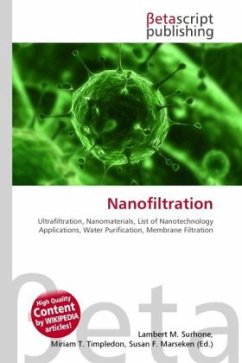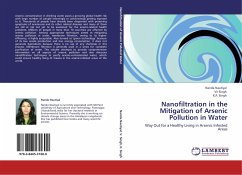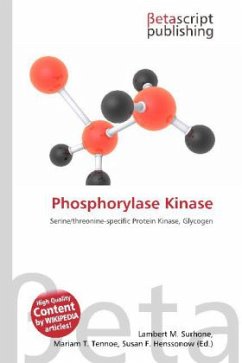High Quality Content by WIKIPEDIA articles! Nanofiltration is a relatively recent membrane filtration process used most often with low total dissolved solids water such as surface water and fresh groundwater, with the purpose of softening (polyvalent cation removal) and removal of disinfection by-product precursors such as natural organic matter and synthetic organic matter.Nanofiltration is also becoming more widely used in food processing applications such as dairy, for simultaneous concentration and partial (monovalent ion) demineralisation.Nanofiltration (NF) is a cross-flow filtration technology which ranges somewhere between ultrafiltration (UF) and reverse osmosis (RO). The nominal pore size of the membrane is typically below 100 nanometres, thus Nanofiltration. Nanofilter membranes are typically rated by molecular weight cut-off (MWCO) rather than nominal pore size. The transmembrane pressure (pressure drop across the membrane) required is considerably lower than the one used for RO, reducing the operating cost significantly. However, NF membranes are still subject to scaling and fouling and often modifiers such as anti-scalants are required for use.
Bitte wählen Sie Ihr Anliegen aus.
Rechnungen
Retourenschein anfordern
Bestellstatus
Storno








